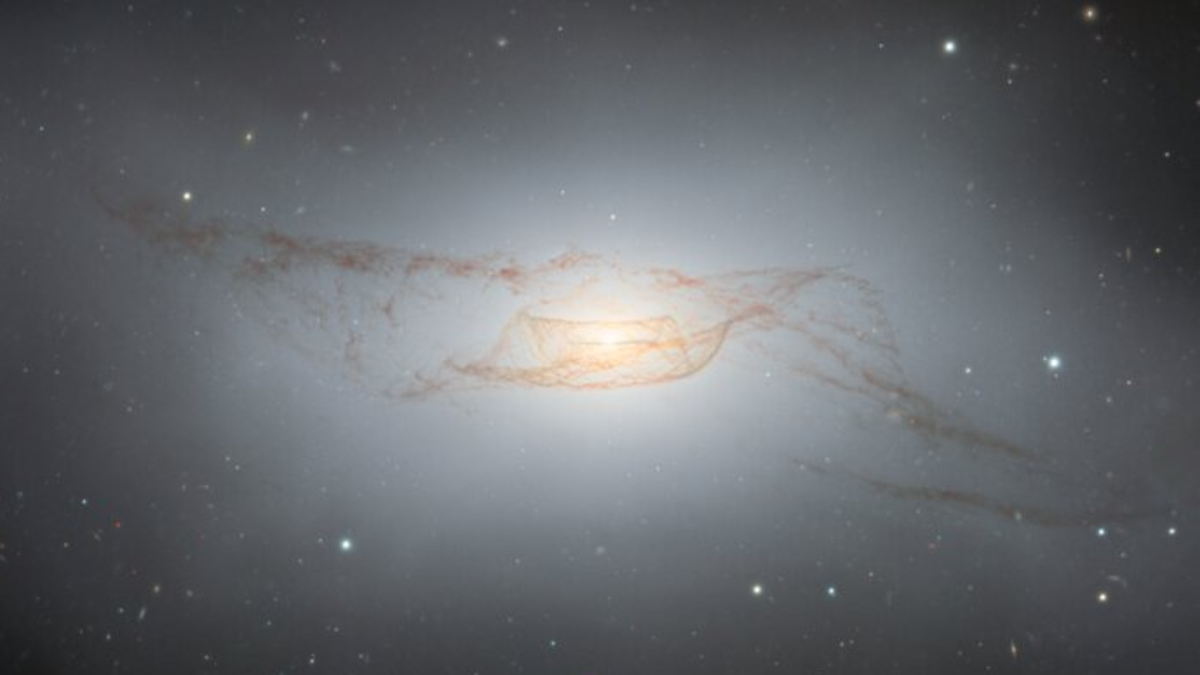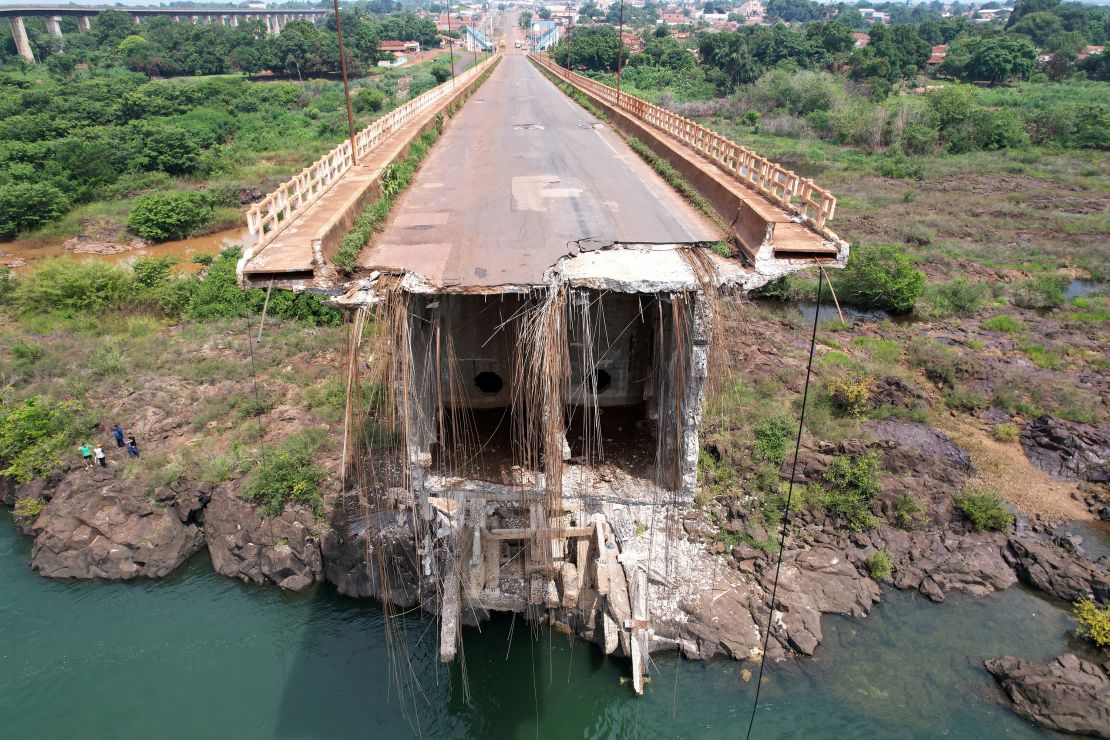An astronomy team turned into cosmic collision investigators while examining the aftermath of a collision between two galaxies over 1 billion years ago. Using the Gemini South Telescope, the scientists studied the twisted galactic disk of the galaxy NGC 4753, located approximately 60 million light-years from Earth, obtaining a more detailed view than ever before. Their focus was on a complex network of dust tracks that seem to twist around the heart of NGC 4753, a lenticular galaxy that underwent a merger with a smaller dwarf galaxy 1.3 billion years ago, giving it a peculiar twisted shape. Describing it as a “train-wreck galaxy,” Tom Steiman-Cameron, the team leader and a senior research scientist at Indiana University, explained that galaxies resulting from such mergers often exhibit chaotic features. NGC 4753, discovered in 1784 by German-British astronomer William Herschel, belongs to the NGC 4753 Group of galaxies and is part of the Virgo II cloud of 100 galaxy clusters on the southern edge of the Virgo supercluster of galaxies.
The unusual dust lanes of NGC 4753 have been a point of fascination for astronomers for a long time. A previous study in 1992, led by Steiman-Cameron, suggested that the peculiar feature is the outcome of a collision between a lenticular galaxy and a gas-rich dwarf galaxy. This collision injected the lenticular galaxy with a substantial amount of gas, leading to intense star formation referred to as “starbursts” and the accumulation of vast amounts of dust within NGC 4753. The dwarf galaxy’s integration into the larger galaxy, along with a phenomenon called “differential precession,” resulted in the intriguing twisted shape of the dust. Differential precession, caused by the angle of the collision, wound the dust into its current shape, analogous to the wobbling of a spinning top as it slows down and changes orientation.
According to Steiman-Cameron, the peculiarity of NGC 4753 when viewed from Earth might be due to the angle at which it is observed. If this lenticular galaxy were viewed from above, it would likely appear similar to any other spiral galaxy. Therefore, while the unique features of the “trainwreck galaxy” may seem rare, they could simply be a result of the specific perspective from Earth.






:format(webp)/cdn.vox-cdn.com/uploads/chorus_asset/file/25799626/247465_Barbie_Phone_AJohnson_0002.jpg)




:max_bytes(150000):strip_icc()/GettyImages-2190687584-73d2fde2b83c4d429c888c0bf249a930.jpg)


